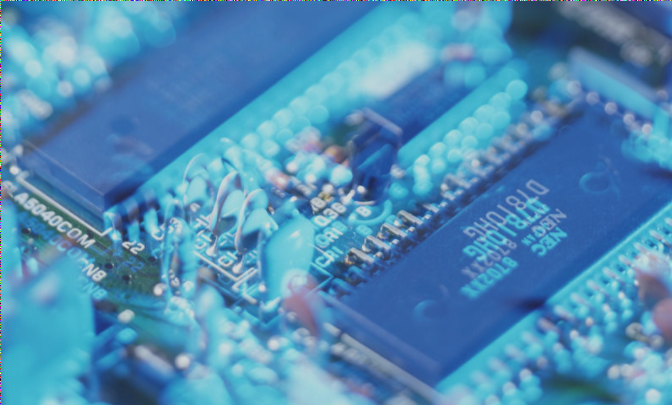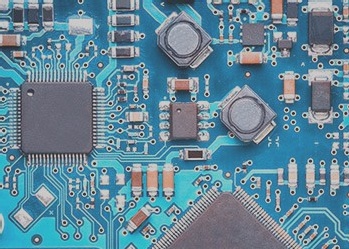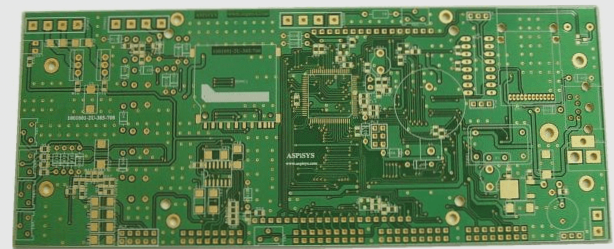Revolutionizing the PCB Industry through Smart Terminal Innovation
Recent advancements in the smart terminal industry, driven by government initiatives to boost information consumption, are reshaping the landscape of PCB technology. A newly released research report on the China Mobile Smart Terminal Industry highlights the immense market potential of emerging products like wearable devices, smart home solutions, and smart car technologies.
One key area of focus is incremental innovation in PCB replication for intelligent terminals, which is gaining traction in the industry. This approach involves making secondary improvements to PCB circuit boards, enhancing their performance and functionality.

Progressive PCB Reverse Engineering for Enhanced Smart Terminals
Progressive PCB reverse engineering plays a crucial role in making smart terminal products more accessible and user-friendly. By continuously optimizing functionalities and performance based on consumer needs, smart terminals are evolving to be lighter, thinner, and more efficient.
Through breakthrough innovations in PCB reverse engineering, new models and significant technological achievements are being realized. Wearable devices like smartwatches and Google smart glasses exemplify the outcomes of such innovations, pushing the boundaries of mobile terminal development.
Driving Innovation and Meeting User Demands
The future of PCB development hinges on technological maturity, patent accessibility, market trends, and pricing strategies. By aligning innovation with user needs and industry demands, PCB reverse engineering is set to revolutionize the intelligent terminal sector.



